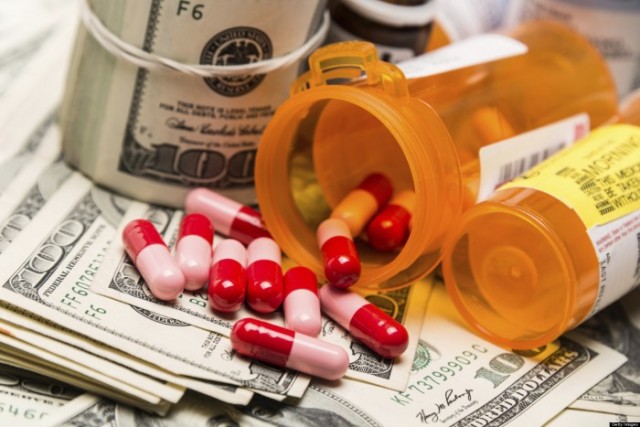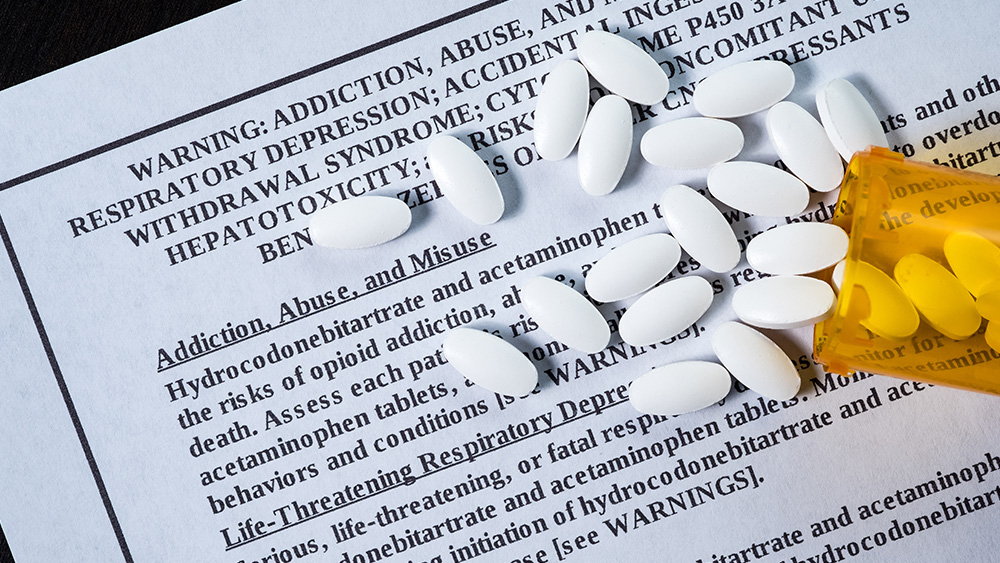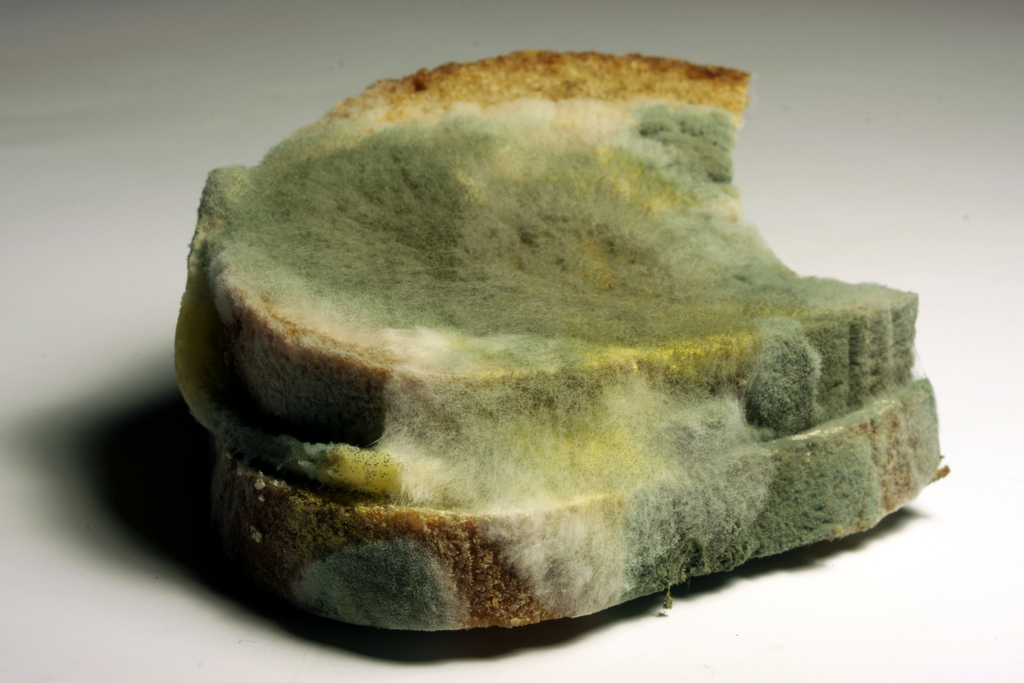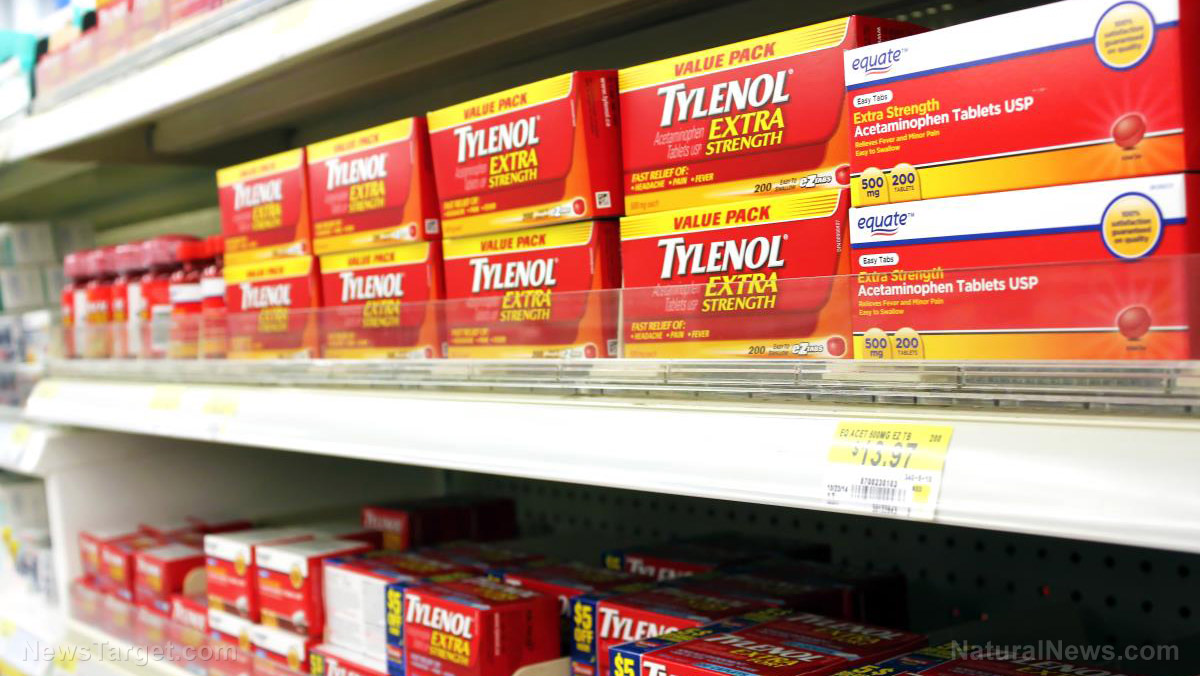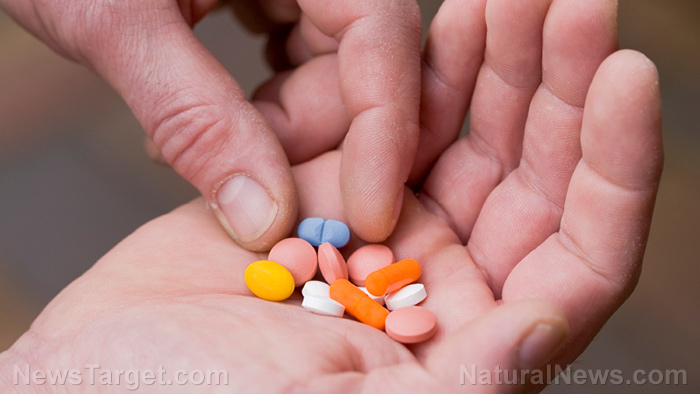Loose regulatory action in India continues to allow production of unapproved antibiotic formulas
03/26/2019 / By Jhoanna Robinson
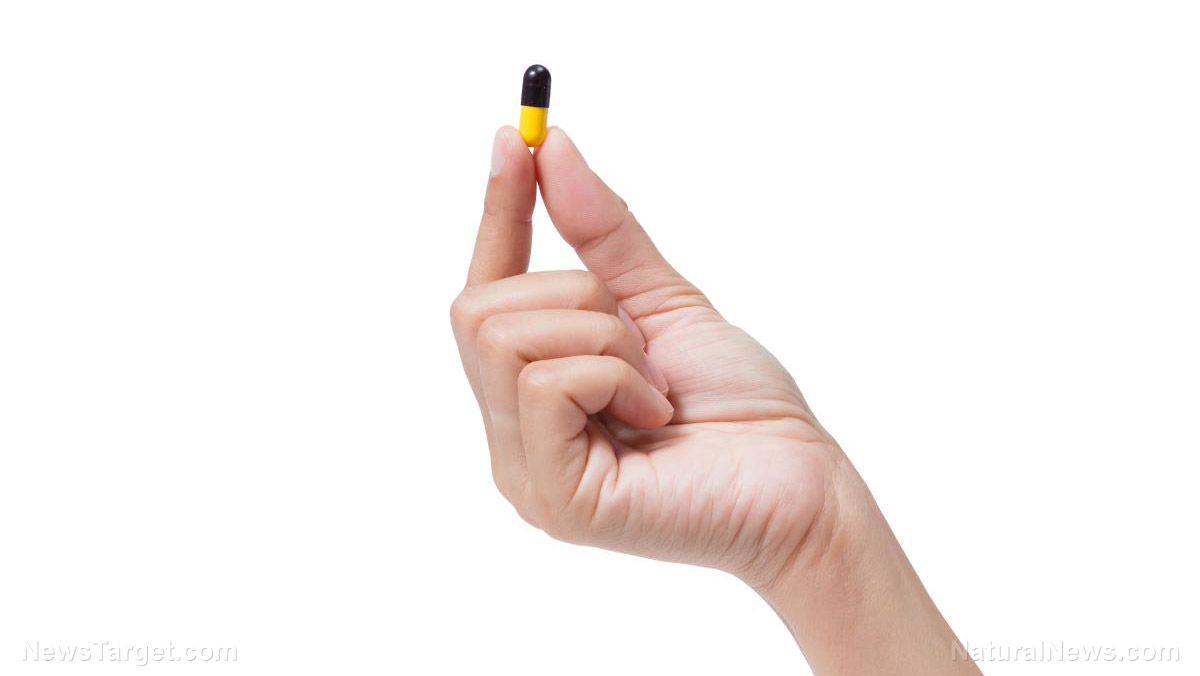
It’s not just curry that’s widespread in India: Unfortunately, millions of unapproved antibiotics are sold in the country, according to researchers from the Queen Mary University of London and Newcastle University. The study, which appeared in the British Journal of Clinical Pharmacology, also revealed duplicitous practices from multinational companies – in particular, its stay on the manufacture of many formulations that were unapproved – despite earlier commitments to address rising cases of antimicrobial resistance. The findings also highlight the challenges faced by those treating antimicrobial resistance in the area, considered to have the highest rate of antibiotic consumption in the world.
To determine the extent of the problem, researchers scoured regulatory records in India, the U.K., and the U.S. to establish the approval status of fixed-dose combination (FDC) – made of two or more drugs in a single pill – and single drug formulation (SDF) antibiotics. They found that out of 118 FDC antibiotics sold in India from 2007 to 2012, at least 75 of these were not approved by the Central Drugs Standard Control Organization (CDSCO), the country’s regulatory agency for pharmaceutical drugs. In India, manufacturing and distributing medicines that have not been approved by the CDSCO is illegal.
To make things worse, only four percent of FDCs in India received approval in the U.S. and U.K. These were also sold under more than 3,300 brand names by almost 500 pharmaceutical manufacturers – of which 12 were multinational companies.
The report showed that Lake Bluff, Illinois-based Abbott Laboratories; Brentford, U.K.-based GlaxoSmithKline; Switzerland-based Novartis; the recently merged Sanofi-Aventis; Cambridge, U.K.-based AstraZeneca; Deerfield, Illinois-based Baxter International; Indianapolis, Indiana-based Eli Lilly and Co.; Kenilworth, New Jersey-based Merck & Co.; and Philadelphia, Pennsylvania-based Wyeth manufactured 45 percent (53 pieces) of the 188 FDCs under 148 brand names.
Of these, 62 percent (33 pieces) were CDSCO-approved, and just eight percent (four pieces) had U.K. or U.S. regulatory approval. Of the 38 percent (20 pieces) of FDC formulations manufactured by multinational companies which had no CDSCO approval, 90 percent (18 pieces) were manufactured by Abbott.
From 2011 to 2012, FDCs comprised of a third of total antibiotic sales in India, with 34.5 percent of FDCs being unapproved formulations. (Related: Researchers identify natural weapons in the fight against antibiotic resistance.)
“Selling unapproved, unscrutinized antibiotics undermines measures in India to control antimicrobial resistance. Multinational companies should explain the sale of products in India that did not have the approval of their own national regulators and, in many cases, did not even have the approval of the Indian regulator,” Queen Mary University‘s Dr. Patricia McGettigan, who is also the lead author of the study, said.
A better approach to healthcare should be instituted – to discourage non-prescription sales – as well as research to comprehend why doctors make problems complicated by prescribing unapproved antibiotics.
“Limiting microbial resistance is a strategic goal of the WHO and countries worldwide – governments and regulators must take all necessary steps to prevent the production and sale of illegal and unapproved medicines and scrutinize the actions of multinational companies,” Newcastle University‘s Professor Allyson Pollock, who is the director of the university’s Institute of Health and Society.
For more stories regarding pharmaceutical drugs and updates about them, visit DangerousMedicine.com.
Sources include:
Tagged Under: Antibiotics, Big Pharma, dangerous drugs, health regulations, India, Novartis, Prescription drugs, Public Health


